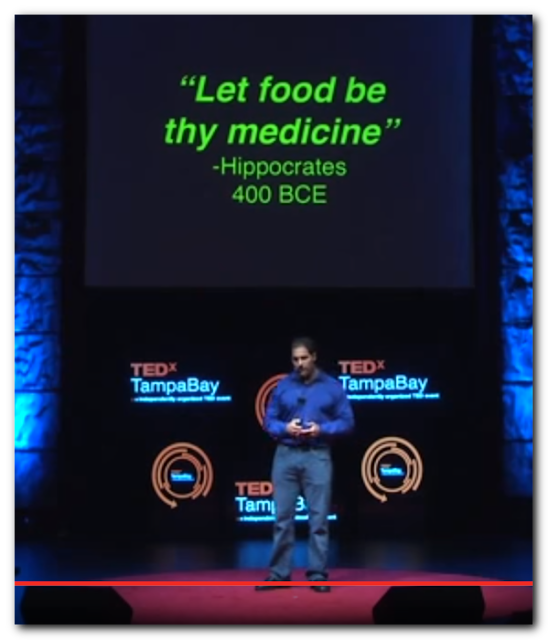Announcing my 40 Day Lenten Lentil Fast and Mark Hyman's Fat Summit
BUMP - and due to time constraints but lots of comments already here, I've changed my mind on starting a Fat Summit thread and retitled this one. I hope to put a "best of" video together in response to this tentatively titled The Fact Summit. Thanks for all your participation! EDIT: As of 2/16/16 we're at over 1200 comments (fun times!!) and for me, Disqus is slow to load in blogger. To engage, you may wish to read/comment using this link which goes directly to disqus. Lent begins on February 10th this year, so I have decided to engage in a 40 day fast beginning today, January 15th. The fast officially ends on Valentine's Day at which point I will return to eating like 99% of humans on the planet. What will I be consuming during this fast? Well I wouldn't want to kill my gut flora or get my electrolytes outta whack, so I have decided to include 1 cup (which might be two if my body tells me it needs it) of The Faker Foodie's organic, ...


